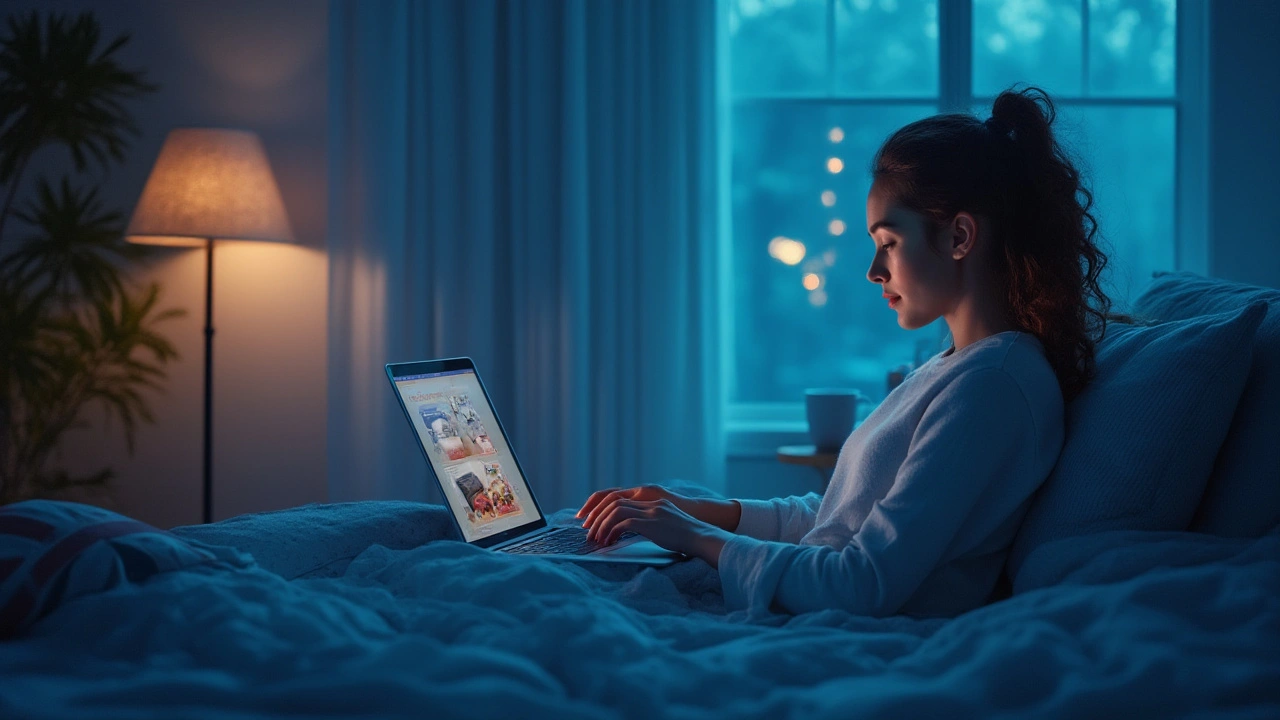Sleep Apnea: How to Spot It and What Actually Helps
Snoring can be annoying, but sleep apnea is more than noise. If you stop breathing, choke, or gasp during sleep, or wake up exhausted despite long nights, that’s a red flag. Sleep apnea messes with your oxygen, raises blood pressure, and makes daytime life harder—driving, work and mood suffer.
How doctors test for sleep apnea
Your doctor will ask about snoring, daytime sleepiness, and other health issues like high blood pressure or weight. The main tests are an overnight lab study (polysomnography) or a home sleep apnea test. The lab study measures breathing, oxygen, brain waves and more. Home tests check breathing and oxygen. Results usually report an AHI (apnea-hypopnea index): mild, moderate or severe. If you have heart disease or other problems, a lab study is often recommended.
Central sleep apnea is different—your brain doesn’t tell your lungs to breathe. Treatment can vary, so accurate testing matters. Don’t ignore symptoms because you think snoring is normal.
Real treatments that work
CPAP (continuous positive airway pressure) is the most reliable treatment for obstructive sleep apnea. It keeps your airway open with steady air pressure. Modern CPAPs are smaller, quieter, and adjust pressure automatically. The downside is mask discomfort or dryness—those are often fixable with a better mask or humidifier.
Oral appliances (mandibular advancement devices) push the lower jaw forward and can help mild to moderate cases. They’re easier to wear but need a dentist experienced in sleep devices. For positional apnea (worse on your back), simple tricks like a tennis ball taped to the back of your shirt can help you sleep on your side.
Weight loss, avoiding alcohol and sedatives before bed, and quitting smoking reduce symptoms for many people. Treat nasal stuffiness with saline, allergy meds, or surgery if needed—breathing through your nose makes CPAP use easier. For some people, surgery to remove excess tissue or implantable devices (like hypoglossal nerve stimulators) offer options when other treatments fail.
Keep in mind: not every treatment fits everyone. Work with your doctor to try devices and adjustments until you find a setup you can use every night. Consistent use is what improves daytime energy and lowers health risks.
When should you see a doctor now? If you fall asleep while driving, have loud gasping that wakes your partner, or you’re constantly exhausted despite plenty of time in bed, call your doctor. Sleep apnea isn’t just tiredness—it’s a treatable health risk. Small changes and the right device can make a big difference in how you feel and function.
Online Pharmacy Sleep Apnea Treatment in Hamilton: Guide to Better Sleep
Get all you need to know about online pharmacy options for sleep apnea in Hamilton. Discover facts, solutions, and tips for better sleep and health.
View More
